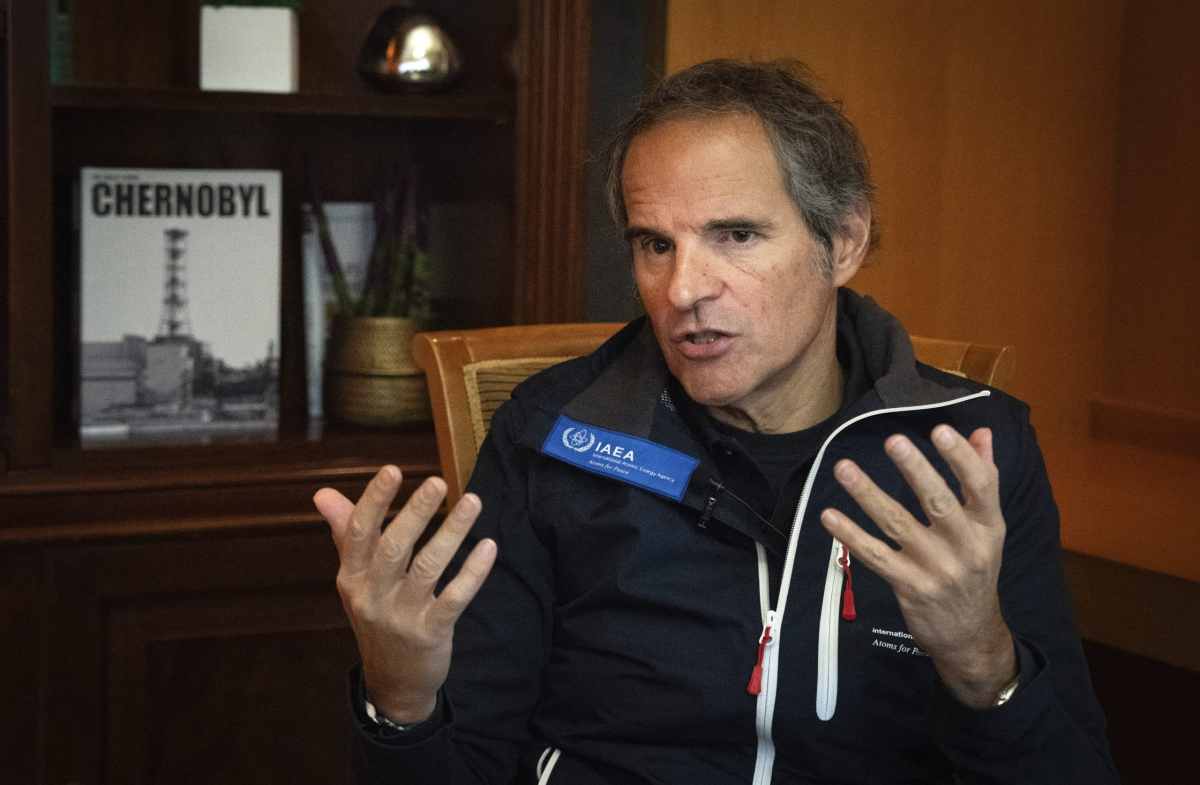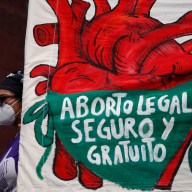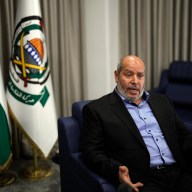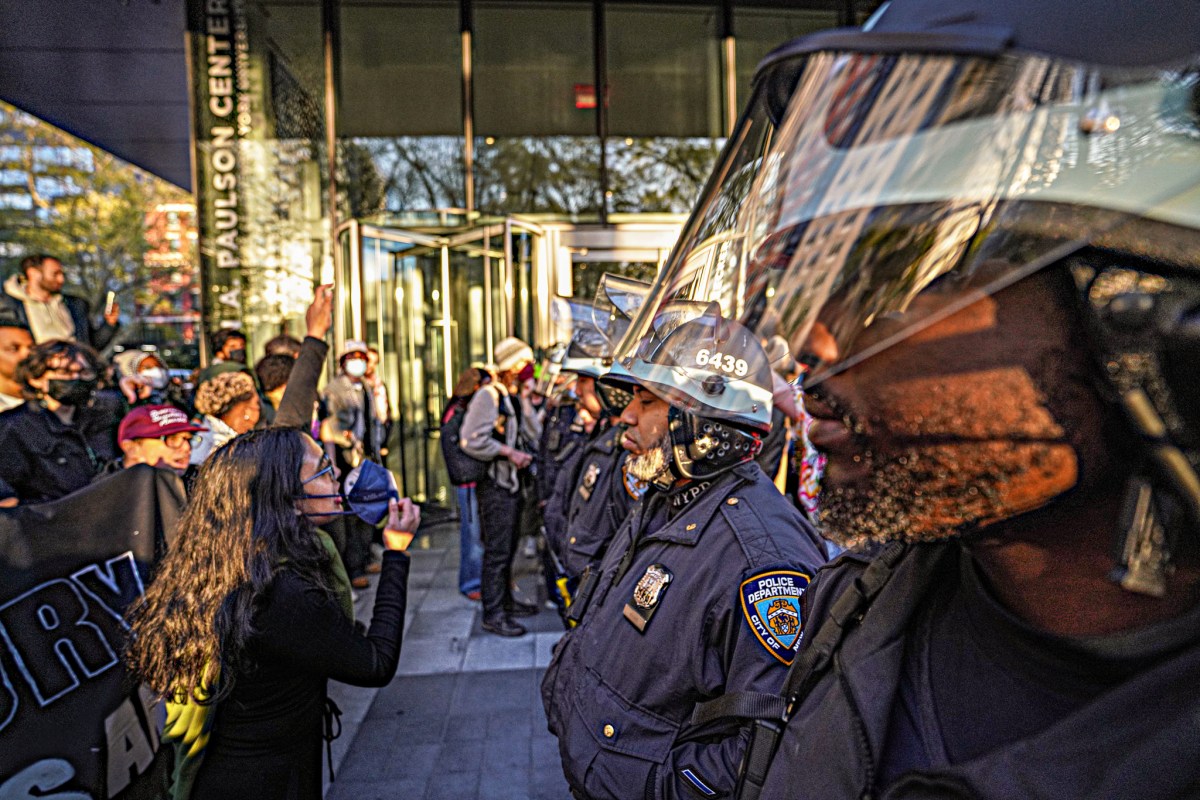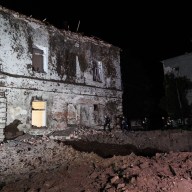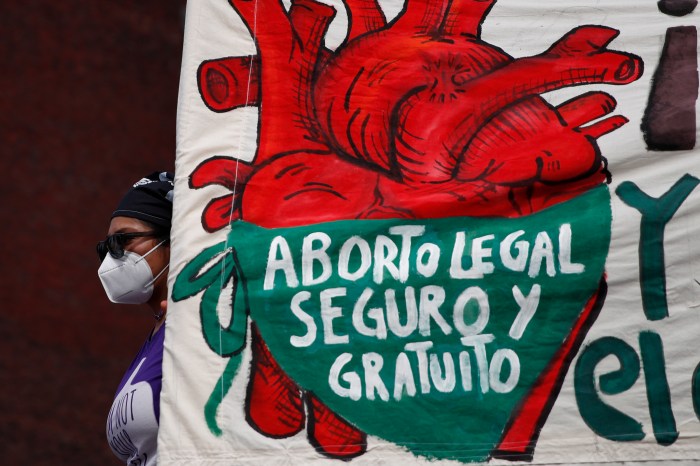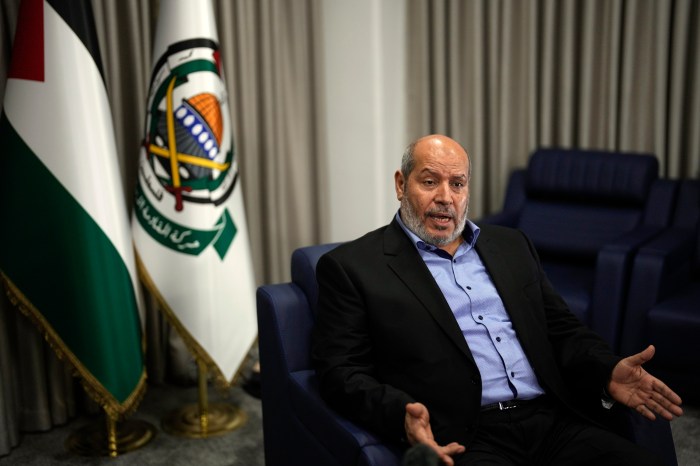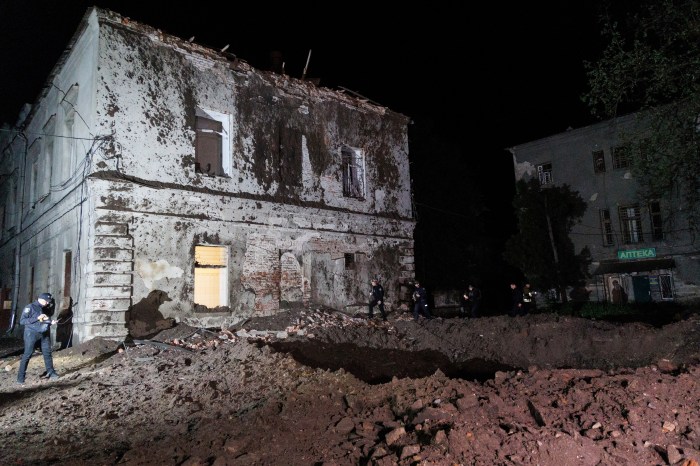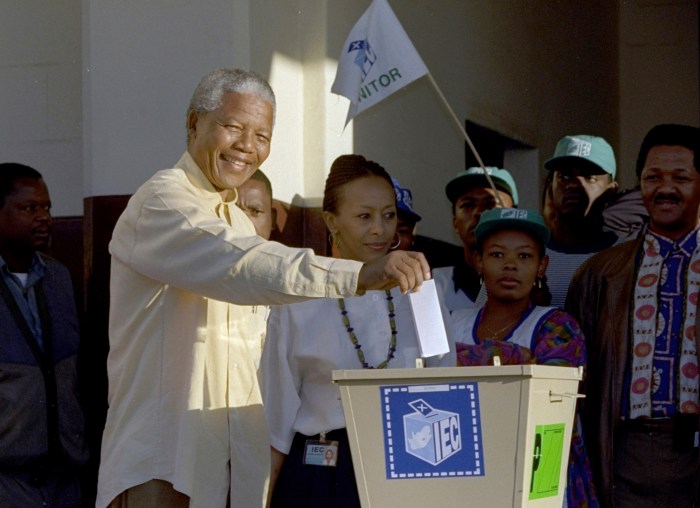MOSCOW (AP) — The U.N.’s atomic watchdog agency chief is visiting Russia amid concern about a Ukrainian nuclear power plant caught in the crossfire since Moscow sent troops into Ukraine in 2022 and seized the facility shortly after.
IAEA Director-General Rafael Mariano Grossi arrived at the Black Sea resort of Sochi on Tuesday evening, according to Russian state news agency RIA Novosti for talks on nuclear safety in Ukraine. Grossi announced the trip on Monday, the first day of a regular meeting of the agency’s 35-nation board of governors in Vienna.
The International Atomic Energy Agency has repeatedly expressed alarm about the Zaporizhzhia Nuclear Power Plant, Europe’s largest, amid fears of a potential nuclear catastrophe.
The plant’s six reactors have been shut down for months, but it still needs power and qualified staff to operate crucial cooling systems and other safety features.
Grossi told Russia Today that he discussed with Putin the possibility of restarting the plant — and whether it will be necessary to do so.
“I would say that apart from these technicalities, it is important that the leaders of the two belligerents listen to the Director General of the IAEA. For the moment, this is the case,” he told the state-controlled international television channel.
He added that his conversation with Putin was “professional and frank” and that he was able to express his opinion, in particular concerning the situation at Zaporizhzhia. “The situation continues to be enormously fluid and precarious, as I have said several times.”
In an earlier news conference, Grossi told reporters in Sochi on Wednesday that he had a “very intensive and exhaustive working session” with Russian officials, including from Russia’s state nuclear energy agency Rosatom and the foreign and defense ministries.
“This gave me, and gave us, I think, an opportunity to evaluate the situation at the nuclear power plant,” he said.
Grossi later met with Russian Vladimir Putin and said on X, formerly Twitter, that they had an “important exchange” about the plant and nuclear non-proliferation issues.
The IAEA chief last met with Putin in October 2022.
He visited Ukraine in February and crossed the front line to visit the Russian-held plant as part of the IAEA’s efforts to prevent a nuclear disaster amid ongoing hostilities. He also held a meeting with Ukrainian President Volodymyr Zelenskyy.
Before heading to Russia, Grossi told reporters in Vienna that he considered it important to maintain a dialogue with both sides and added that the situation with the Zaporizhzhia plant “continues to be very fragile.”
He said that he expected to discuss “technical issues” related to “the future operational status of the plant” in Moscow. He also said if the plant is to be restarted, he would need to discuss “what kind of safety evaluation” would be needed and that he planned to discuss the issue of external power supply lines.
The plant has suffered eight losses of off-site power since the seizure, forcing it to rely on emergency diesel generators temporarily, and it continues to face challenges related to staffing.
Ukraine’s Energoatom, which operates all of the country’s nuclear power plants, has repeatedly said Russia restricted qualified Ukrainian staffers from accessing the Zaporizhzhia plant after they refused Russian citizenship and to sign a contract with Rosatom.
Nearly 5,200 workers left the plant since Russia took over in March 2022, according to Petro Kotin, Energoatom’s Acting Board Chairman. Kotin said in a statement Tuesday that at the beginning of the year, 360 Ukrainian employees — who didn’t have contracts with Rosatom — were still working at the plant, but starting February they couldn’t access the facility anymore.
Kotin said Ukrainian staffers were replaced with Russian workers or residents of Russian-controlled cities and towns nearby “who do not understand what a nuclear power plant is.”

